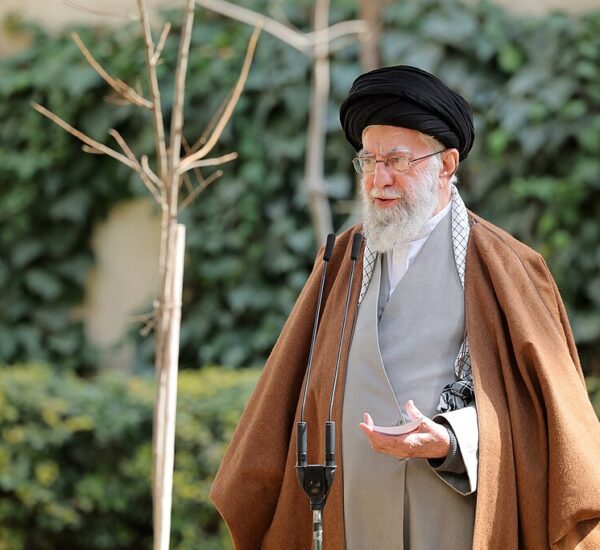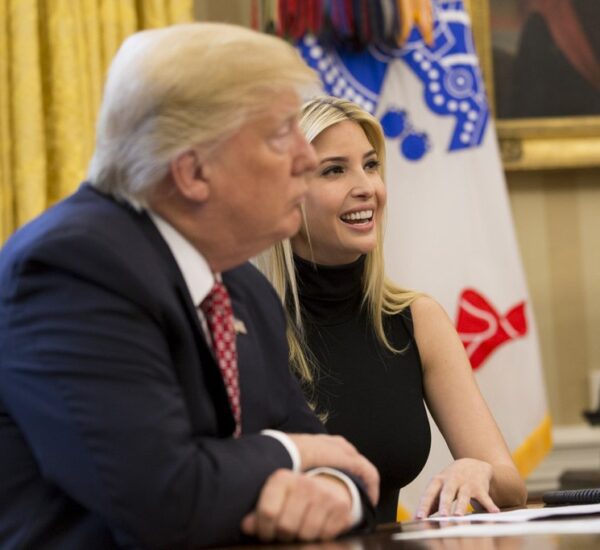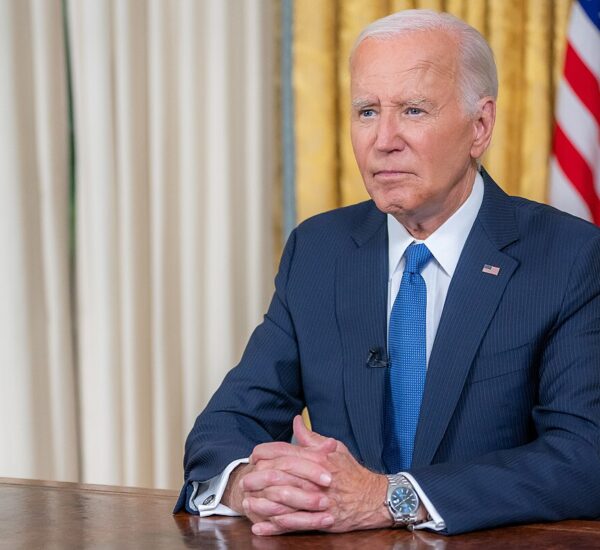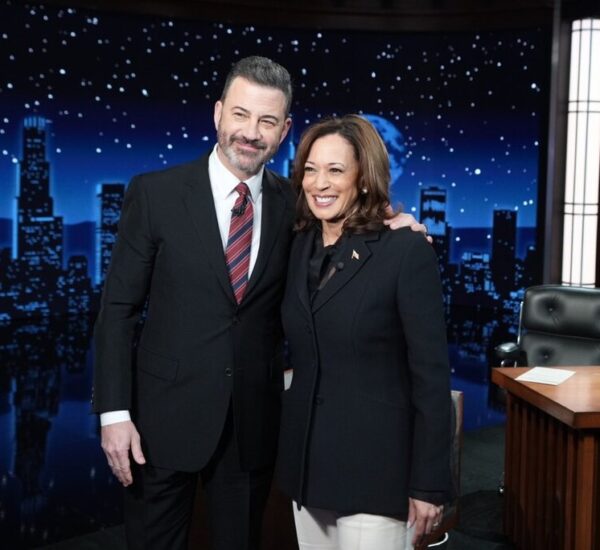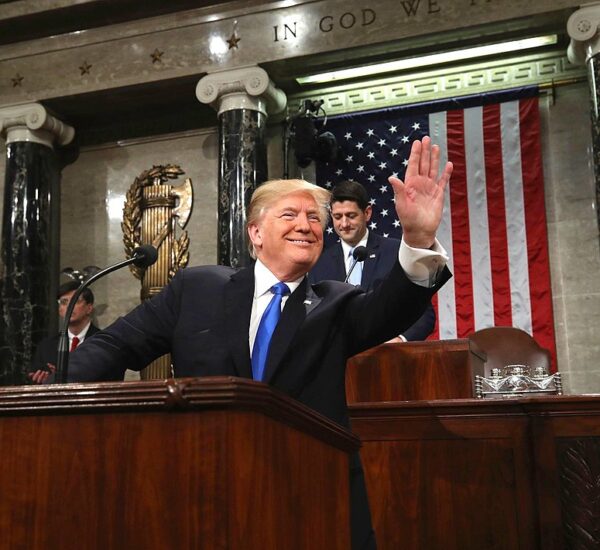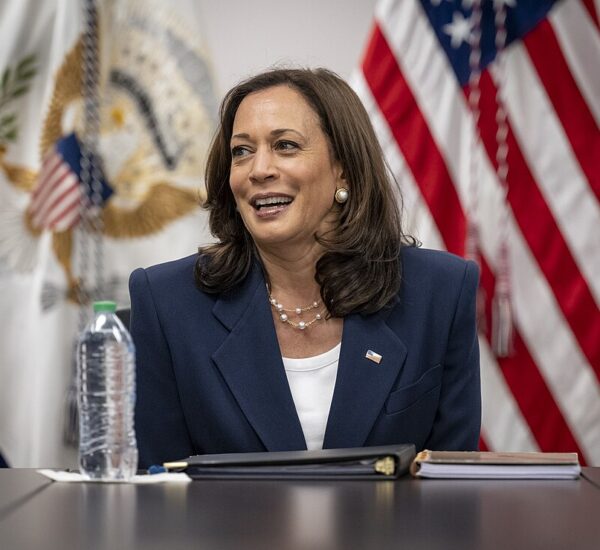Vance Goes To War With CNN Reporter
In a recent appearance on CNN’s “State of the Union,” Senator JD Vance (R-Ohio), the Republican vice presidential nominee, found himself in a vigorous exchange with host Jake Tapper. The focal point of their discussion was the controversial comments made by retired General John Kelly, who described Donald Trump as fitting a “general definition” of fascism. Kelly, who previously served as the Secretary of Homeland Security during Trump’s presidency, referenced Trump’s praise for the loyalty of Adolf Hitler’s generals, igniting a firestorm of debate.
Vance strongly contested Kelly’s assertions, emphasizing the need to explore the underlying reasons for Kelly’s stance. “What’s at play here, Jake, is that this is fundamentally a policy disagreement, not a personal one,” Vance argued. He sought to redirect the conversation toward the substantive issues at stake, asserting that political differences are what truly separate Kelly from Trump, despite Tapper pointing out that Kelly has aligned with Trump on many policy matters.
The exchange heated up as Vance accused Kelly of collaborating with the campaign of Vice President Kamala Harris, framing his comments as part of a broader political strategy. “This is all about the election cycle,” Vance asserted, pushing back against the notion that Kelly’s criticisms were grounded in a genuine ideological divide.
The senator went on to defend Trump’s military policies, promoting the idea of “peace through strength.” He highlighted Trump’s commitment to national defense, arguing that the former president aims to project American power without conflating military action with targeting political opponents. Vance dismissed concerns raised by former Trump officials, like Mike Pence and Mark Esper, who have also criticized the former president, insisting that Trump’s intentions were misunderstood.
Throughout the interview, Vance maintained a steadfast defense of Trump’s legacy, pushing back against narratives that frame the former president as a threat to democratic norms. This dialogue encapsulated the ongoing tensions within the Republican Party as it navigates the complexities of its past leadership while gearing up for the upcoming elections.

